Kabkab Dates: A Natural Treasure of Sweetness and Nutrition
Kabkab dates are one of Iran’s most cherished and flavorful date varieties. Known for their large size, strikingly soft texture, deep brown color, and rich caramel-like sweetness, these dates are not only a delicious natural snack but also a powerhouse of nutrition. Grown primarily in southern Iran—particularly in the regions of Dashtestan and Behbahan—Kabkab dates have gained popularity both locally and internationally for their high quality and long shelf life being sold through wholesale.
In this article, we’ll explore everything you need to know about Kabkab dates: from their origin and cultivation process to their health benefits, culinary uses, and global demand.
What Are Kabkab Dates?
Kabkab dates (pronounced kab-kab) belong to the soft, semi-dry category of dates. When fully ripe, they display a glossy dark brown skin with a thick, syrupy flesh that’s delightfully sticky and intensely sweet. They’re usually larger and juicier than other Iranian dates like Zahedi or Shahani.
The name “Kabkab” is believed to originate from local dialects in southern Iran, symbolizing richness and abundance—an appropriate name given their plump appearance and nourishing content.

kabkab dates wholesale supplier
Origin and Cultivation
Kabkab dates are mainly cultivated in the Fars and Bushehr provinces of Iran, particularly in warm, humid climates that are ideal for date palm growth. These regions experience hot summers and mild winters, providing perfect conditions for producing top-quality dates.
The date palm trees bear fruit once a year, with harvesting usually taking place from late August to early October. The entire process is carried out with a careful balance of traditional farming methods and modern agricultural techniques. The dates are often hand-picked, sun-dried, and naturally preserved without the use of chemical additives or artificial sweeteners.
This makes Kabkab dates a natural, preservative-free superfood that retains its freshness for up to a year when stored properly in a cool, dry place.
Key Characteristics of Kabkab Dates
Here are some distinct features that set Kabkab dates apart:
Color: Amber to deep brown when fully ripened.
Size: Large and elongated, often between 3 to 5 cm.
Texture: Soft and sticky with semi-dry skin.
Taste: Sweet, rich, and caramel-like.
Shelf Life: Up to 12 months under proper storage.
Moisture Content: Moderate (15–25%), depending on processing.
These characteristics make them an attractive option for direct consumption and use in various food industries who buy these dates through wholesale.
Nutritional Profile
Kabkab dates are not just tasty—they’re incredibly nutritious. A 100-gram serving typically contains:
Calories: 270–300 kcal
Carbohydrates: 75–80 g
Fiber: 6–7 g
Natural Sugars: 60–65 g
Potassium: 650–700 mg
Magnesium: 50–60 mg
Iron: 1–1.5 mg
Vitamin B6: 0.2–0.3 mg
Thanks to this powerful nutritional profile, Kabkab dates are widely consumed as an energy booster, especially by athletes, students, and health-conscious individuals.
Top Health Benefits of Kabkab Dates
Let’s take a closer look at the impressive health advantages of adding Kabkab dates to your daily diet:
1. Energy Booster
Rich in natural sugars like glucose, fructose, and sucrose, Kabkab dates provide an immediate burst of energy—perfect for pre-workout snacks or mid-day fatigue.
2. Digestive Health
Their high fiber content supports healthy digestion, prevents constipation, and promotes regular bowel movements.
3. Heart-Friendly
Potassium and magnesium help regulate blood pressure and maintain heart health, reducing the risk of cardiovascular diseases.
4. Rich in Antioxidants
Dates contain antioxidants like flavonoids, carotenoids, and phenolic acid, which protect cells from oxidative damage and inflammation.
5. Improved Brain Function
Kabkab dates have been linked to reduced risk of neurodegenerative diseases due to their anti-inflammatory properties.
Culinary Uses
Kabkab dates are extremely versatile in cooking and food preparation. Their soft, melt-in-your-mouth texture makes them ideal for:
Stuffed Date Delights: Fill them with almonds, walnuts, or soft cheese.
Natural Sweeteners: Blend into smoothies, sauces, or baked goods as a sugar substitute.
Energy Bars & Snacks: Combine with oats, nuts, and seeds for healthy, homemade energy bars.
Date Syrup: Boil and strain Kabkab dates to produce a rich, dark syrup for pancakes and desserts.
They are also widely used in Middle Eastern, Persian, and Mediterranean recipes for both sweet and savory dishes.
Storage Tips:
To maintain their optimal flavor and texture:
Store in an airtight container.
Keep in a cool, dark place or refrigerate.
Avoid exposure to moisture and direct sunlight.
For long-term storage, freezing is an excellent option.
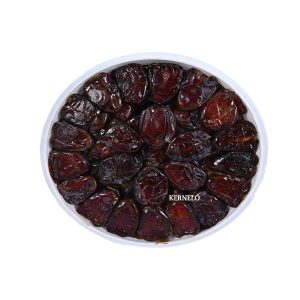



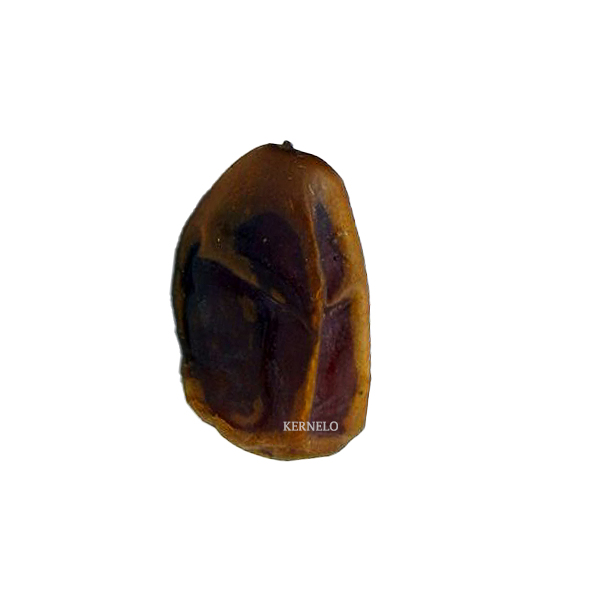
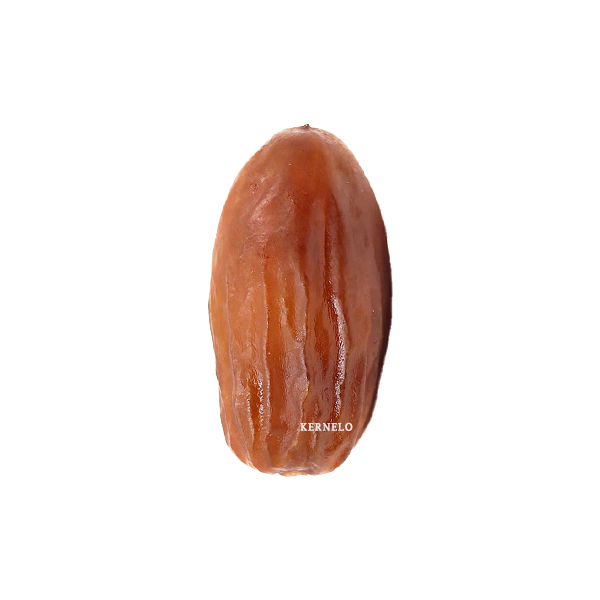
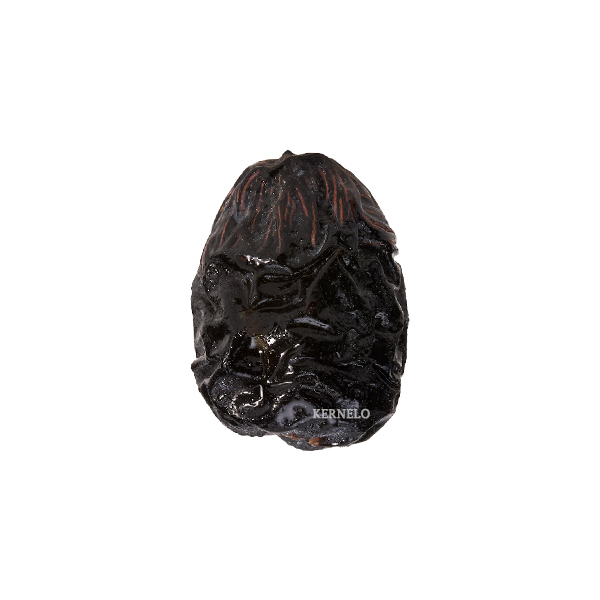


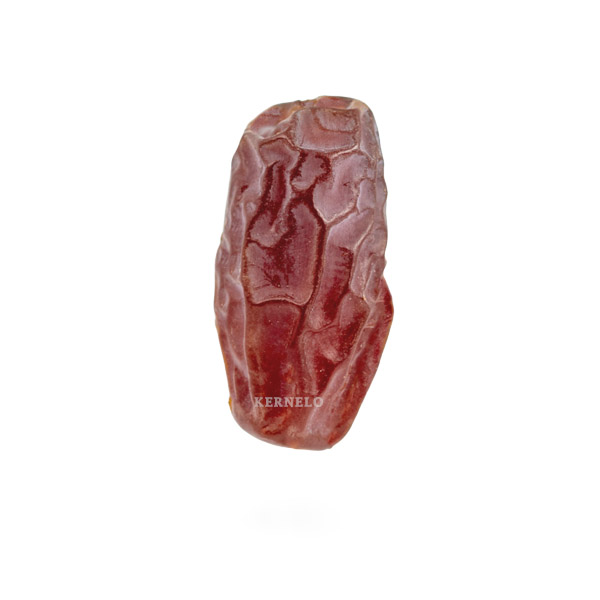

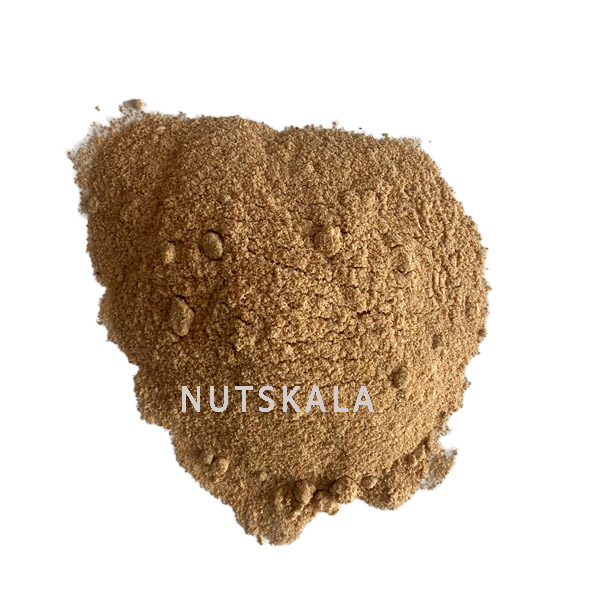
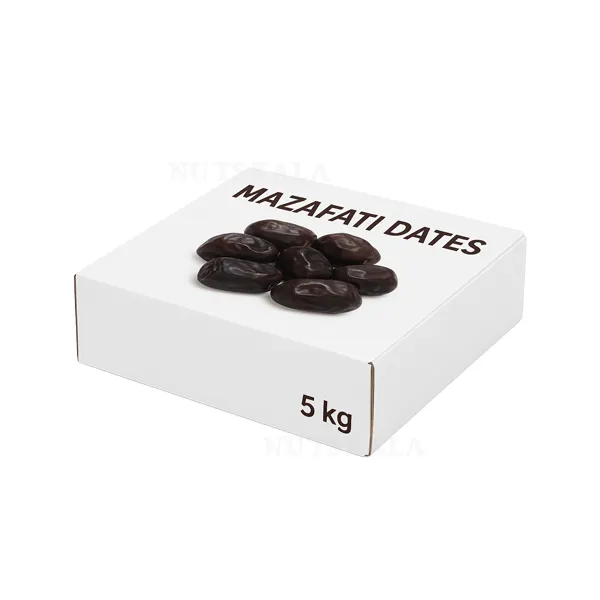
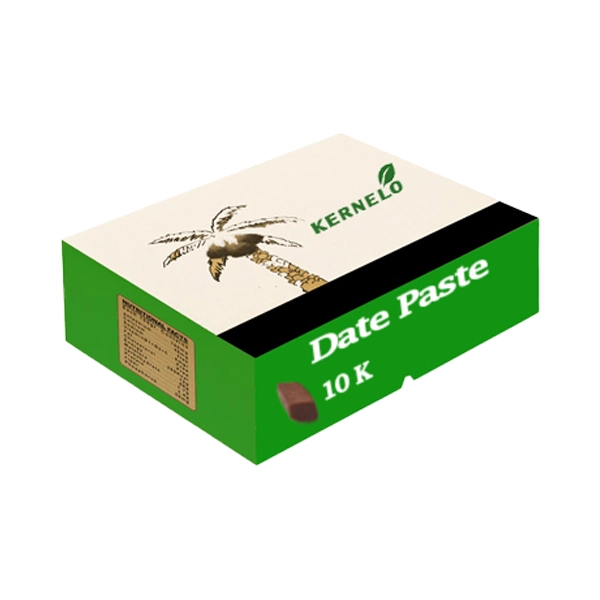

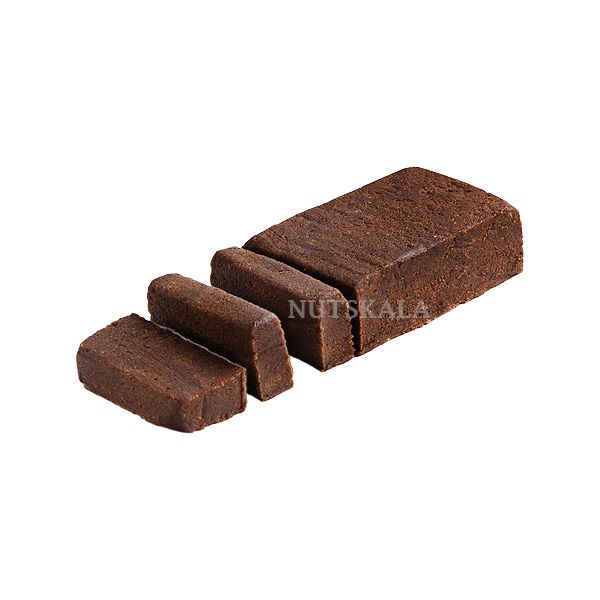


Reviews
There are no reviews yet.